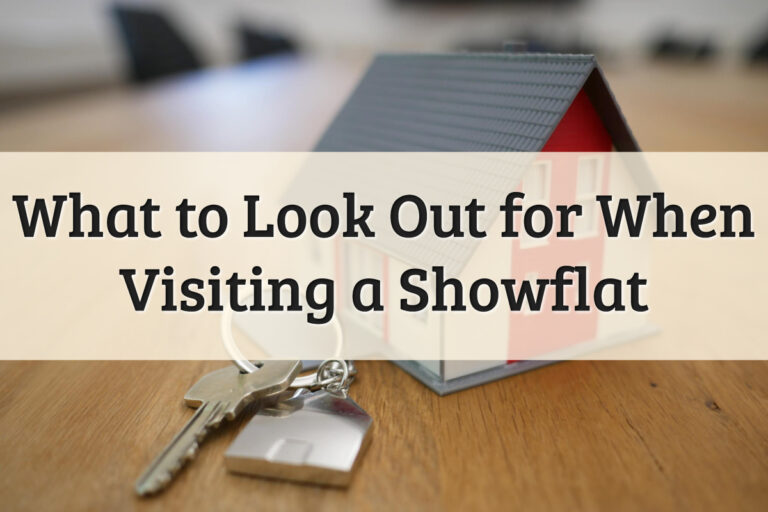A Guide To Property Investment In Singapore

A fact about property prices in Singapore [1] is that they were the second-highest in the world in 2019, with Hong Kong topping the list of expensive cities. It means you can make a load of cash from investing in property like HDB flats and condominiums. Investing in real estate carries advantages like more profitability and less risk than investing in things like stocks. It also makes a great retirement plan.
In this article, we will provide the information you need for successful property investment Singapore. We will show you how to buy properties in Singapore and everything you need to know about investing in real estate. But you also need to do your homework. Find a reliable source of news, research data, and analysis to get an idea of the situation of the real estate sector in Asia and other countries before embarking on your investment project. You can also use real estate tools and guides to assess the risks involved.
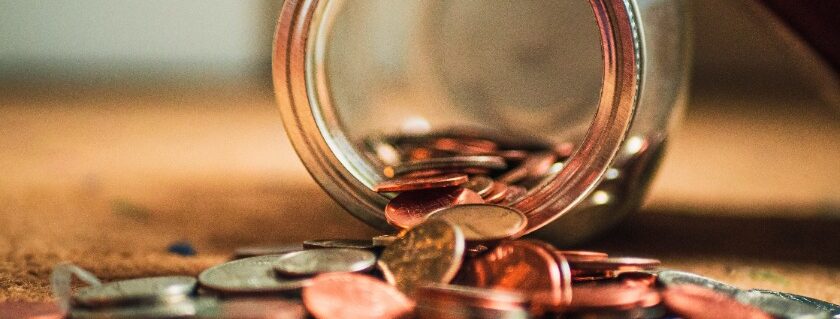
How To Make Money From Property Investments
One thing about successful REITs and people in real estate investment Singapore is that they take property as an asset, not a liability. Buying a home to live in does not count as an investment property. It generates liabilities in the form of mortgage payments. But if you rent it out or sell at a higher figure, it yields positive cash flow.
Use leverage when investing in property instead of money from your CPF savings. This gives you a chance to take up other investment opportunities that rise, such as REITs and stocks.
Avoid using credit card debt to fund your investment for fear of getting charged a high interest rate by banks. Bodies like the US Federal Reserve have cut interest rates in a bid to encourage investors to borrow funds for cars and homes. With this affordability of interest, you have no reason not to take advantage of leverage. If you have a low risk tolerance, you can put a bigger downpayment on the property.
Here are the main ways properties can help you make money.
Capital Gains
Capital gain is the difference between the cost of acquiring a property, such as a condominium, and the amount sold. A proper valuation of your property in SG can maximize your earnings.
Increase your property’s value through renovations, repainting, and landscaping. These improvements may come with an extra budget, but they go a long way in attracting a good deal.
Rental Yields
Having a rental income is one of the best ways Singaporeans can comfortably get to retirement. Rental properties provide an income without working. Rental yield is the profit from rental houses less expenses incurred while the tenant is living in the apartment.
Keep in mind that rental returns for the Core Central Region (CCR) in the Island is around 3% with the Central Area Condo rental yield being one to two percent. In the rest of Central Region (RCR), the yield is at least 3.5%, and 4% in the Outside Central Region (OCR).
How To Invest In Singapore Property With Little Money
If you intend to use your rental yield to pay off the mortgage, it could take long. And given the high cost of real estate, making a significant capital gain without overpricing is hard.
One version or way successful property investors get a good return is by finding properties with a huge discount. Get your flat at a discount and sell or rent it out at the market rate, and you will have a good income-generating asset.
Using property listings or hiring the services of property agents is a lazy way to look for property. Some of the ways you can get a good discount when buying Singapore property is through mortgagee sales and property auctions. Carry out adequate research of the property market to ensure that the reserve price in the auction and the asking figure in the sale is lower than the property’s value. If a buyer is not found in the event, talk to the owner privately and negotiate a good deal.
A real estate agent can also help you get an aging property on sale at a good figure, as long as the maintenance fees are not too high. Be sure to check when the lease is expiring, selling a property with an expiring lease can be a hassle.

4 Factors That Drive Property Value
Four main factors control the prices of real estate in Singapore property market
1. Location
The location will determine how much a property is worth. If there is good transport infrastructure, such as the Orchard Road, High Speed Rail in Jurong or the emergence of MRT stations near the property, its worth increases. The surrounding areas also affect the worth of property. If there is an upgrade that increases the worth of property in a locality, it can have a ripple effect on property prices in the neighbouring areas.
2. Tenure
The tenure of the investment property will also affect its worth. Most properties in Singapore come with a 99-year leasehold and they quickly get to a point of depreciation. Freehold properties tend to be more attractive and have higher prices.
3. Condition Of Unit
The condition of the property can factor in its purchase price. No one will pay a good figure for a neglected house. Renovating the apartments can warrant a good asking price or attract tenants at any rent. Ensure that the repair issues are not expensive. Renovations for landed houses, for instance, can sum up to thousands of dollars.
4. Facilities
The proximity of amenities like shopping malls and recreation zones influence the worth of a residential property. Good schools will attract people with children while business hubs, tech parks, and offices increase the employment rate in a vicinity, attracting buyers and tenants.
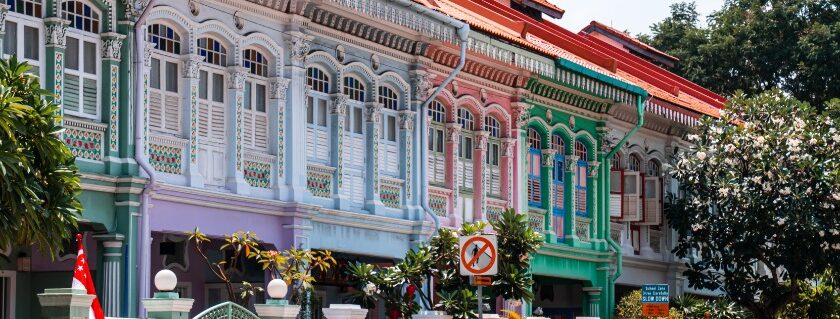
Tips To Spot A Good Singapore Property Investment Unit
Here is how to buy property in Singapore that attracts a good return:
- Government growth plans for the economy – A place of good outlook where the government is developing infrastructure, such as Punggol and Paya Lebar makes a good investment
- Type of property – condos are much more preferred by investors and tenants while Western expatriates on board prefer landed property
- Ease of renting out – Check if other landlords who are your neighbours have a problem with vacancy rates in their units.
- Period the property has existed – Old property in the right location and with proper maintenance is cheap but generates the same rental income as newer real estate.
- Gentrification – Although the URA masterplan can give you a report on the part of the country with upcoming developments, use your eyes to note places with growing numbers of businesses, companies, and other institutions

Restrictions And Cooling Measures
There are a number of government policies and taxes implemented in order to moderate the property market that will impact your overall costs and influence your decision to sell and buy property Singapore.
Additional Buyers’ Stamp Duties (ABSD)
On top of Buyer’s stamp duty (BSD), which is property tax charged on purchase price of residential properties, IRAS charges ABSD to the following investors:
- Foreigners and non-individuals buying a property in Singapore for the first time
- Singaporean property owners acquiring subsequent properties
- Permanent residents buying property in Singapore for the first time as well as subsequent properties
ABSD is charged on the property purchase price or market value, whichever is higher.
Seller’s Stamp Duty (SSD)
SSD is a tax implemented to keep property affordable to Singaporeans by preventing a lot of house flipping . This tax is charged to residential property and land acquired on or after 20th Feb 2010 and disposed of within the holding period. The rate is charged on the selling or market price of the property, whichever is higher.
Total Debt Servicing Ratio (TDSR)
The Total Debt Servicing Ratio shows the loan quantum you qualify from the bank. It’s calculated as a percentage of the money you are using from your income to pay off loans. It should not go above 60%.
(Monthly Debt / Income) X 100 = TDSR
Loan-To-Value Ratio (LTV)
The Loan-To-Value determines the maximum you can borrow for home loans from a bank. It depends on the number of properties owned. The LTV is calculated as a percentage derived from the home loan amount and value of the real estate.
(Amount Of Loan / Value Of Property) X 100 = LTV
For a first mortgage, the LTV is placed at 75%, for the second time its set at 45% and for a third, it is set at 35%. These percentage rates reduce by 20% for a loan tenure that exceeds 30 years (or in the case of HDB flats, 25 years) or a loan period that extends past the retirement age of the property owner or borrower (65 years).

Conclusion
You now have the information you need on how to invest in property in Singapore and aim to win the property game. Think like an investor. Investors and developers consider the returns a real estate project can bring before investing in it. Think of how to own multiple properties in Singapore and create a steady income flow from rent. Build your wealth by investing in a building or land using bank loans and use personal funds to invest in other projects like stocks and REITs.
The rule is to keep up with property news. Singapore property make profitable assets, but you will not succeed by leaving the job to a property agent. One way to find a good development for investment is through market research. Collect enough facts to identify the best locations that will bring you success. For example, Sentosa Cove was known to be profitable to buyers due to its high demand but in 2017, the vacancies in most of the developments was high, making the area unprofitable.
If you are looking for new estates, attend the sale launches held by developers. You get to see a model or photo of the style of the property, and there is a good chance of property appreciation. It’s best to ask questions about the construction during viewings to get a good perspective of the rentability of the property.
You can also benchmark your decisions against other investors with much more experience than you, successful companies, as well as REITs. Reliable real estate tools and guides can also help in decision making.
Property Listings
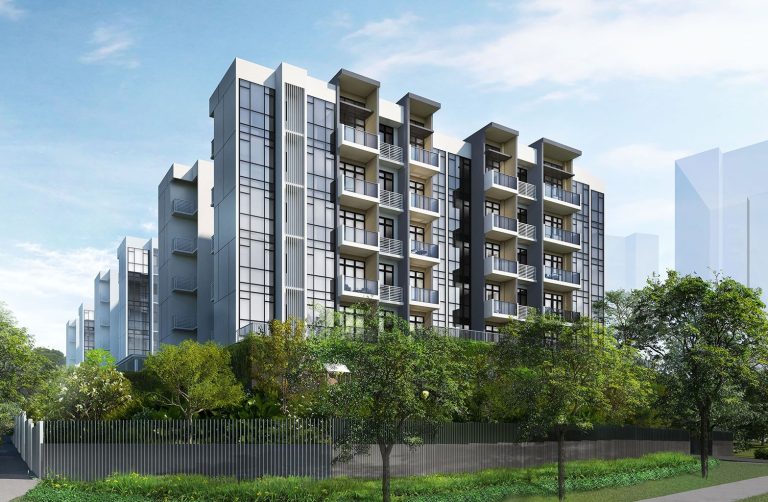
Our Thoughts On The Arden: Your Buyer’s Guide
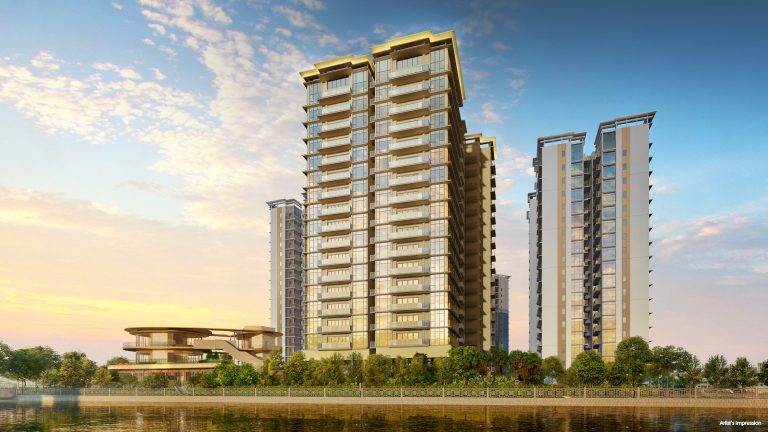
Our Thoughts On Dunman Grand Residences: Your Buyer’s Guide

Our Thoughts On Pinetree Hill: Your Buyer’s Guide
Blog Post
Emerald of Katong: Your Ultimate Guide to Upscale Living in Singapore’s Vibrant Heart

What To Do After Buying a Condo
